Search results for 'DE'
-
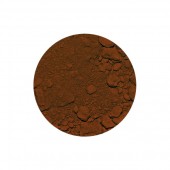
Mars Red Pigment
Starting at: £4.50
-
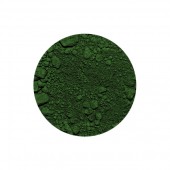
Phthalo Green Pigment
Starting at: £8.10
-
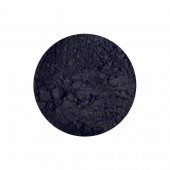
Ivory Black Pigment
Starting at: £4.50
-
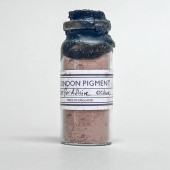
London Pigment, Herefordshire Ochre Pigment
£20.00 -
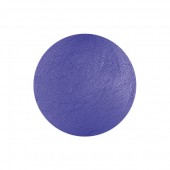
Egyptian Blue Pigment
Starting at: £5.90
-
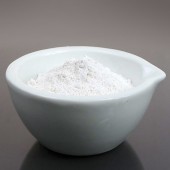
French Chalk
Starting at: £5.50
-
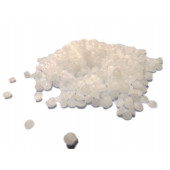
Microcrystalline Wax
Starting at: £8.50
-
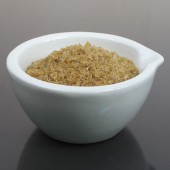
Rabbit Skin Glue
Starting at: £13.00
-
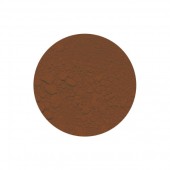
Cadmium Brown Pigment
Starting at: £10.00
-
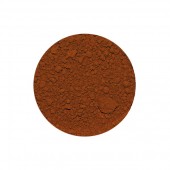
Pozzuoli Red Pigment
Starting at: £5.20
-
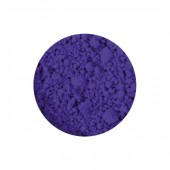
Ultramarine Blue Dark Pigment
Starting at: £4.00
-
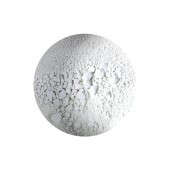
Titanium White Pigment
Starting at: £4.00
-
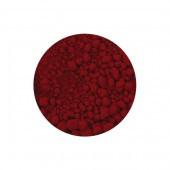
Carmine Red Genuine Pigment
Starting at: £10.00
-
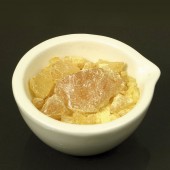
Colophony
Starting at: £7.30
-
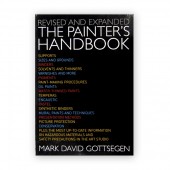
Painter's Handbook
£25.00
-

Cornelissen Virtual Gift Voucher
£25.00 -
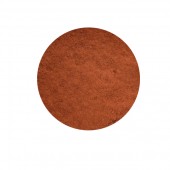
Burnt Green Earth Pigment
Starting at: £8.00
-
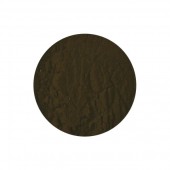
Van Dyke Brown Pigment
Starting at: £4.50
-
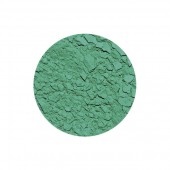
Cobalt Green Light Pigment
Starting at: £8.70
-
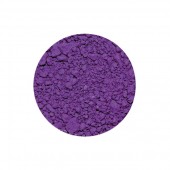
Ultramarine Violet Pigment
Starting at: £6.20
-
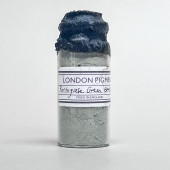
London Pigment, Portuguese Green Earth Pigment
£20.00 -
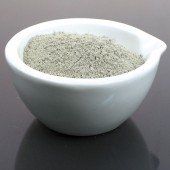
Fullers Earth
Starting at: £6.30
-
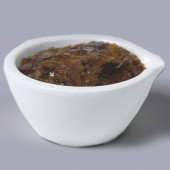
Lemon Shellac
Starting at: £8.20
-
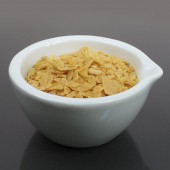
Carnauba Wax Yellow
Starting at: £6.50
-
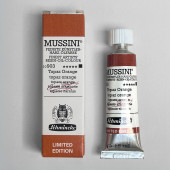
Schmincke Mussini Topaz Orange Limited Edition 15 ml
£26.00
-
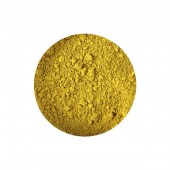
Yellow Ochre Pigment
Starting at: £4.00
-
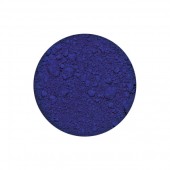
Oriental Blue Pigment
Starting at: £5.40
-
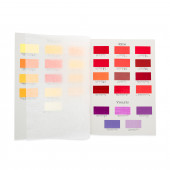
Cornelissen Pigment Colour Chart
£40.00 -
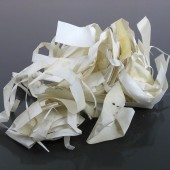
Parchment Clippings
Starting at: £9.90
-
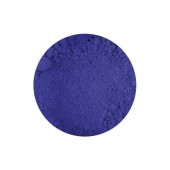
Cobalt Blue Pigment
Starting at: £6.50




